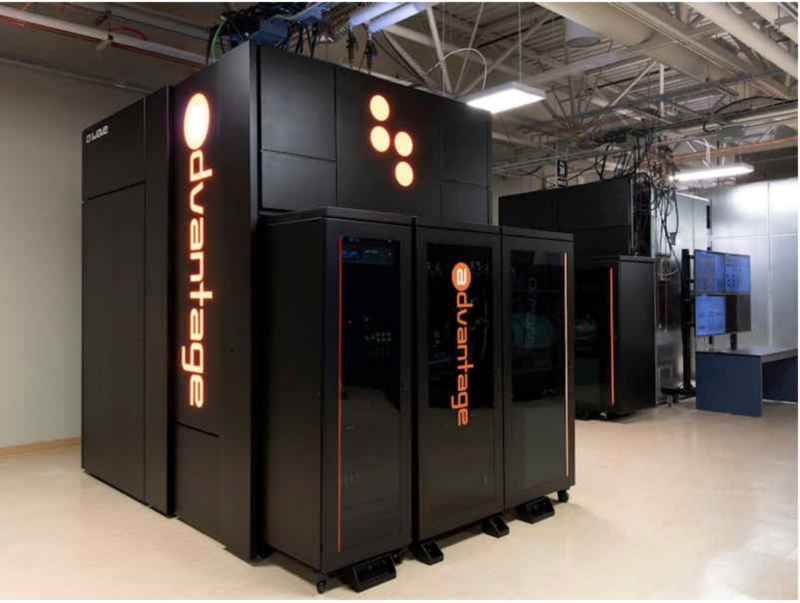D-Wave announces new hardware, compiler, and plans for quantum computing

Enlarge / The current generation of hardware. (credit: D-Wave)
Because quantum computing has been attempted via multiple approaches, those approaches can be a bit confusing to follow. Most quantum computing efforts go toward what are called gate-based computers, which allow you to perform logical operations on individual qubits. These are well understood theoretically and can perform a variety of calculations. But it's possible to make gate-based systems out of different types of qubits, including photons, ions, and electronic devices called transmons, and companies have grown up around each of these hardware options.
A separate form of computing, called quantum annealing, also involves manipulating collections of interconnected qubits. Annealing hasn't been as worked out in theory, but it appears to be well matched to a class of optimization problems. And, when it comes to annealing hardware, there's only a single company, called D-Wave.
Now, things are about to get more confusing still. On Tuesday, D-Wave released its roadmap for upcoming processors and software for its quantum annealers. But D-Wave is also announcing that it's going to be developing its own gate-based hardware, which it will offer in parallel with the quantum annealer. We talked with company CEO Alan Baratz to understand all the announcements.
Read 11 remaining paragraphs | Comments